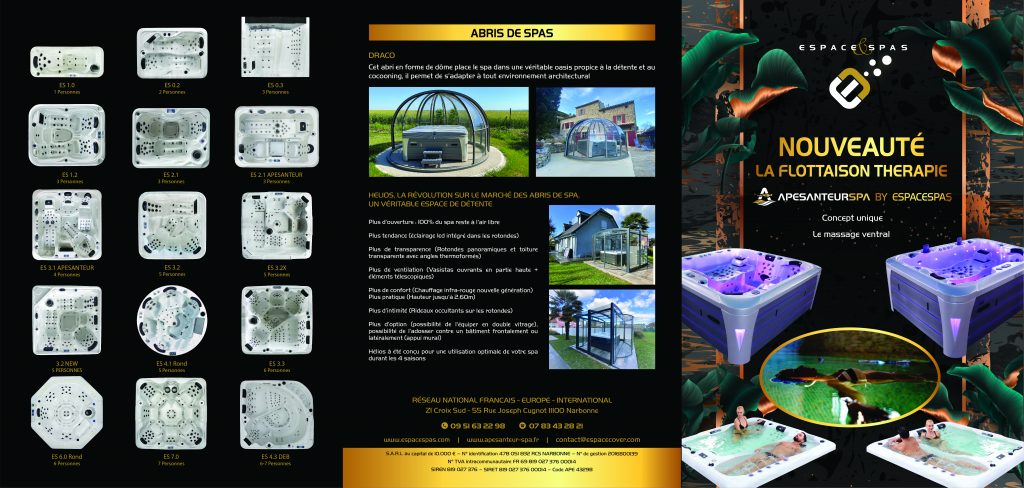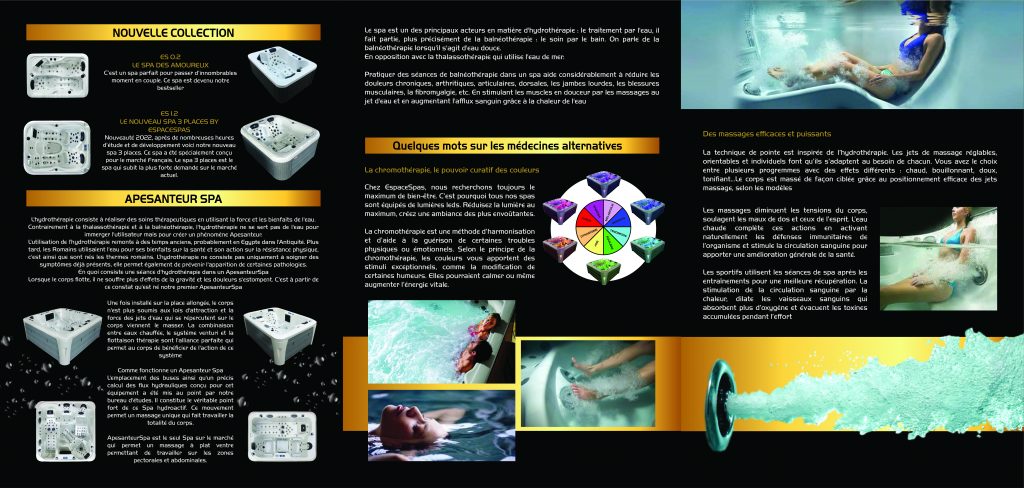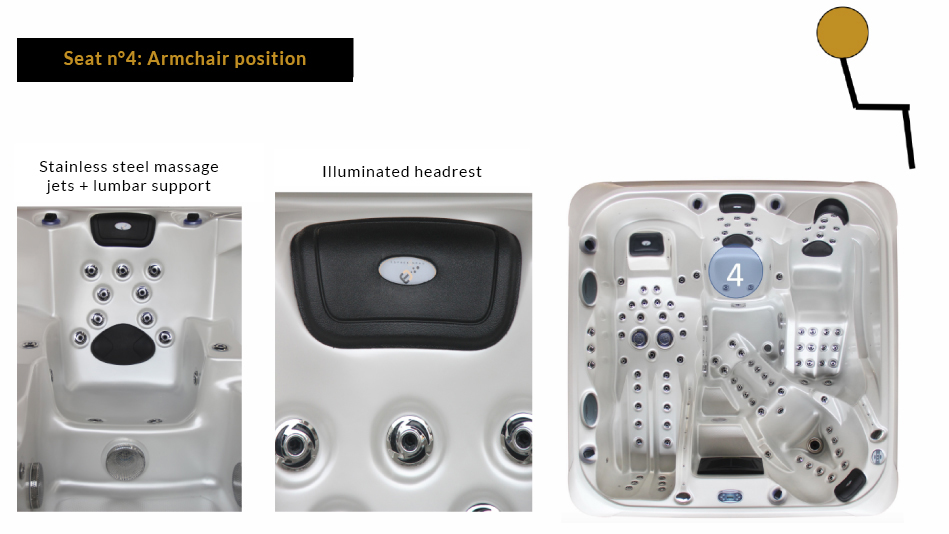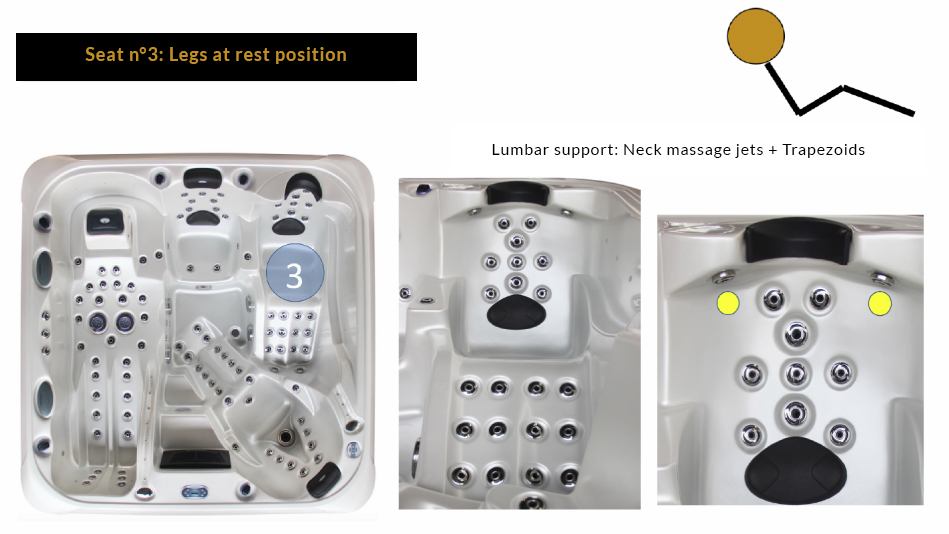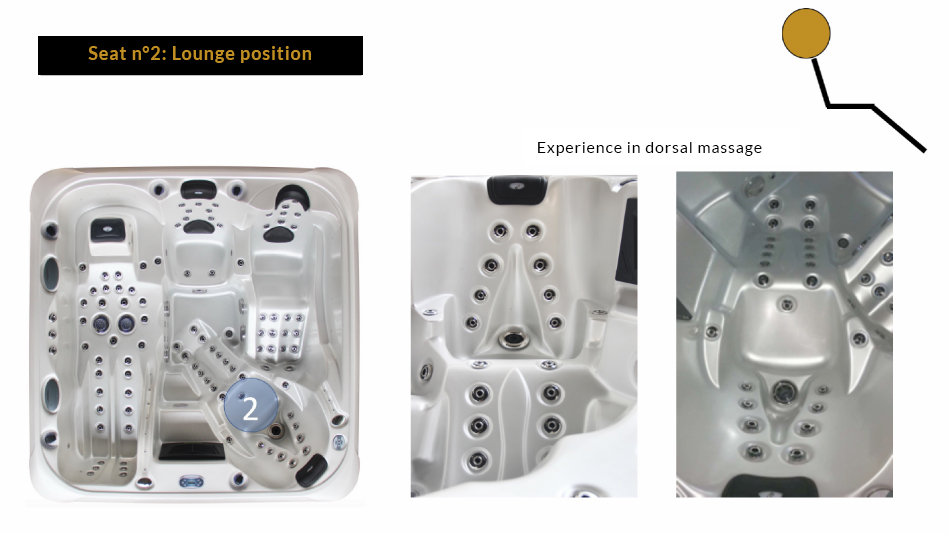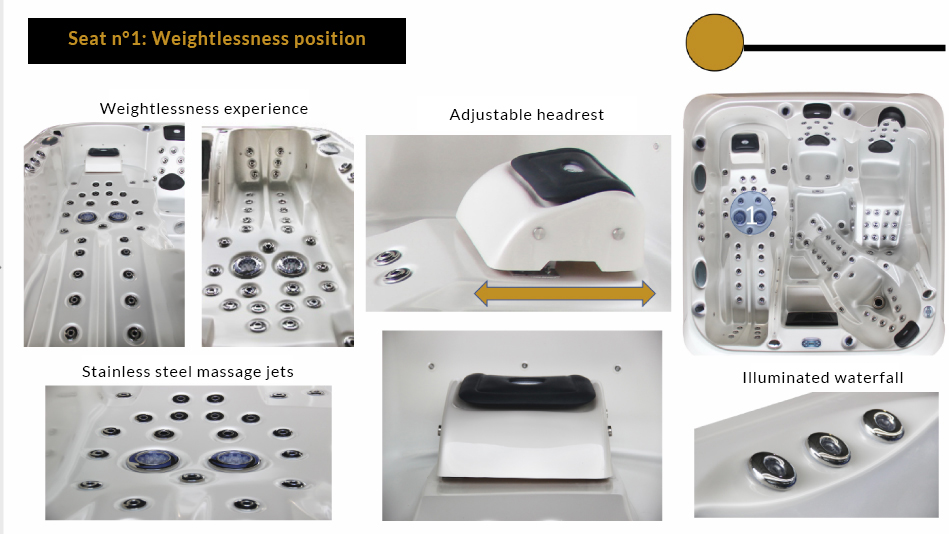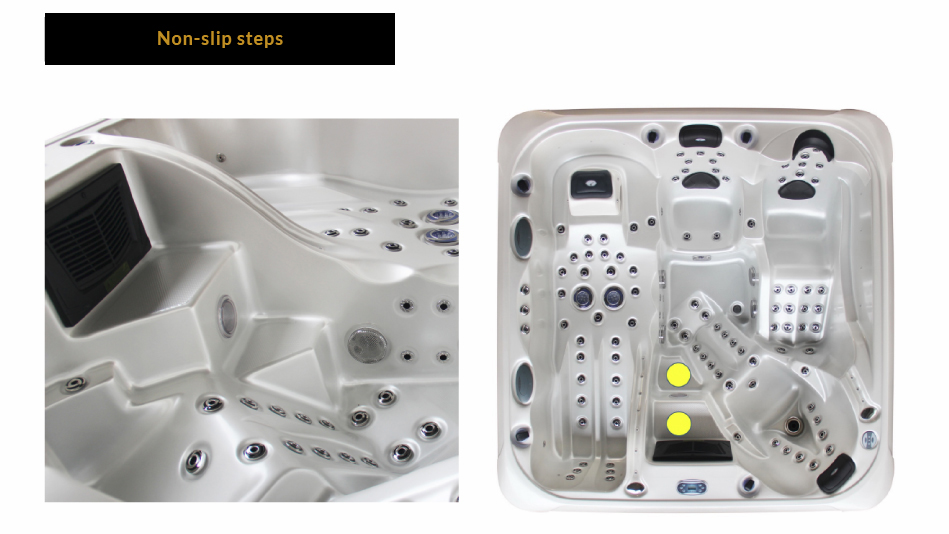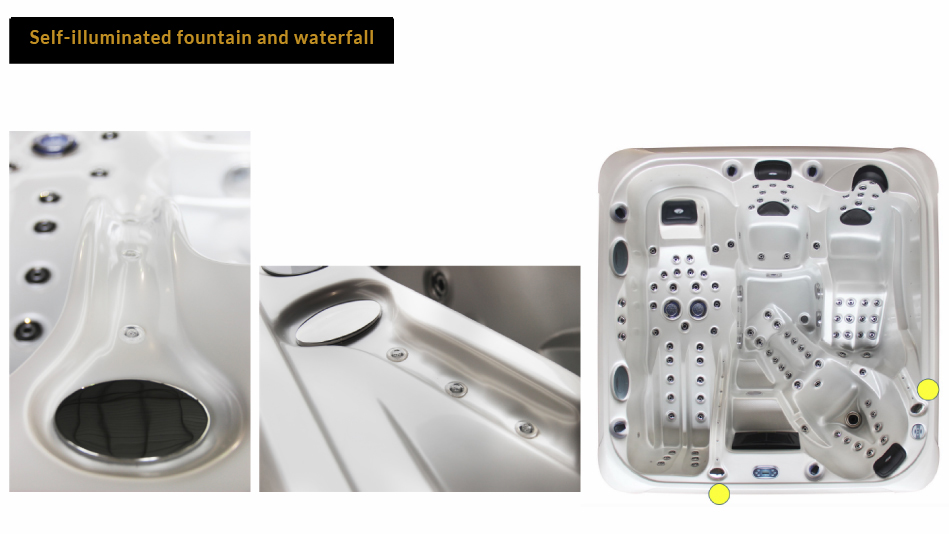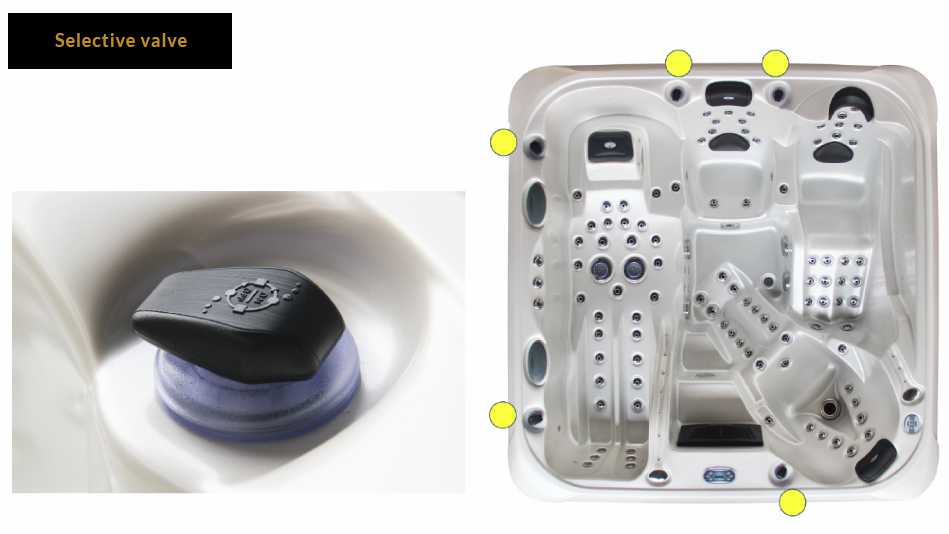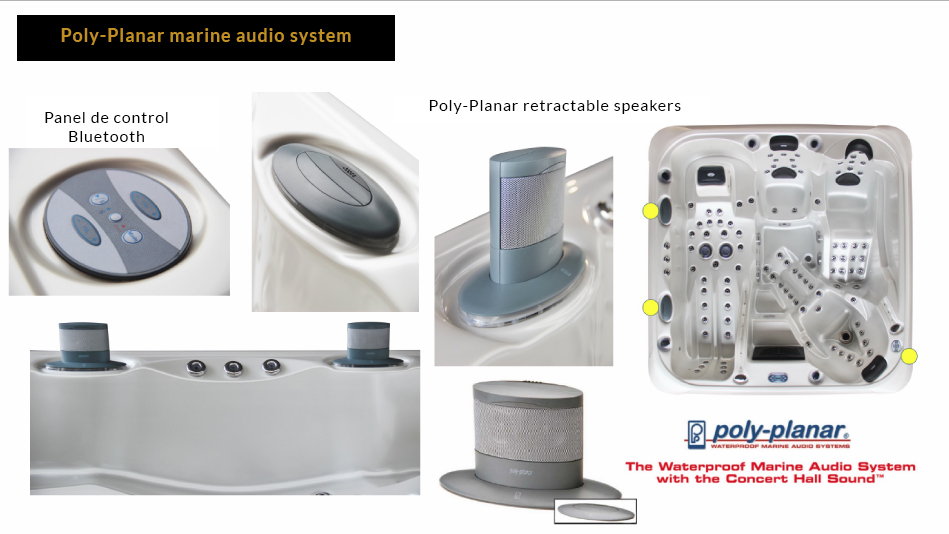Music therapy
Musicothérapie: the benefits of music
When you’re stressed, you put on a good classical record, and you’re soothed. On the contrary, you lack energy… a good old family rock, and you’re dashing! There’s no doubt that music has an effect on body and mind! Music has many virtues, and its relaxing and recreational function is well known. It “embarks” us with the positive or negative emotions it inspires. But that’s far from being its only benefit!
What if music became therapy? Relaxation through music therapy, sound journeys to restore calm… But you can also sing or dance! Music therapy is the use of music – rhythm, melody and harmony – as a therapeutic tool. Music therapy is used to support people with behavioral, relational or communication difficulties. This method also provides relief for patients suffering from health problems.
Music therapy is divided into 2 main branches:
- Receptive music therapy, based on listening to music, helps to verbalize emotions.
- Active music therapy, in which the patient takes an active role in his or her therapy.
Music therapy and music in general have many benefits. Here are 5 of them:
- Soft music: Listening to soft music helps us to concentrate, relax and reduce stress.
- Rhythmic music: Listening to rhythmic music stimulates our creativity, makes us more positive and boosts our morale.
- Treating hypertension and chronic illnesses: Improving memory; Combating stress, anxiety and sleep problems
- Fighting depression: music therapy has been shown to induce a state of relaxation, enabling people who are depressed or in the process of becoming so to let go. What’s more, music contributes to the production of endorphins, a feel-good hormone with analgesic properties;
- Supporting people with autism or mental disabilities: the benefits of music therapy in supporting people with mental disabilities are many and vary depending on the patient:
- Improved communication skills.
- Improved attention and concentration.
- Reduces stress, maladaptive behavior and aggression.
- Time reference: music helps structure time. For example, to indicate the end of a session, a specific and always identical piece of music will be used.
- Facilitating exchanges: music encourages self-expression and interaction with others.

